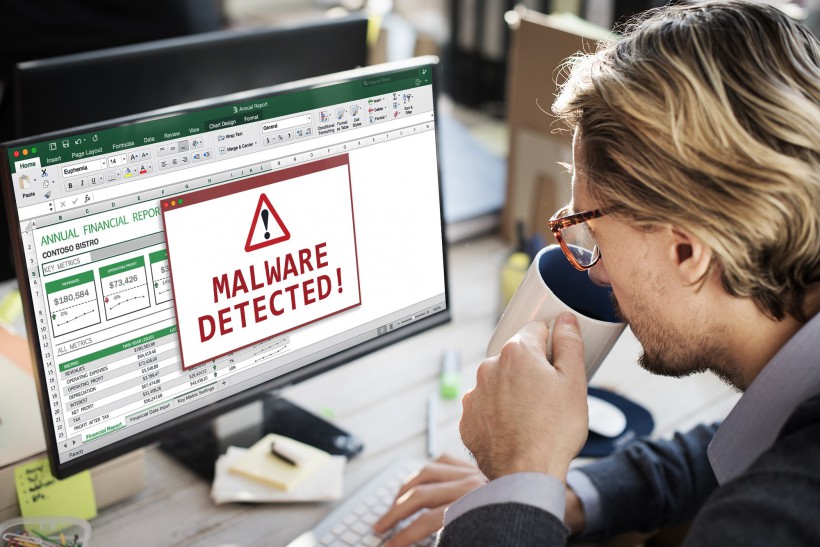
Nowadays cost of a data breach has reached approx. $6.2 million per incident. Unfortunately, multiple researches point to employees as the leading cause of information leaks. Enterprises tend to forget about basic internal security being overwhelmed with the news of external threats.
The highest number of breaches reported worldwide are in the healthcare industry, followed by insurance, manufacturing and retail. In comparison with banking, healthcare companies often do not incorporate strict data security policies, which leads to security breaches caused by insiders’ misuse. Sensitive personal information is vulnerable being valuable to hackers but is not the only one target. Confidential business data such as finances, salaries, emails, human resources, budgets and trade secrets have significant exposure potential, leading to customer loss, reputational damage and more.
Cybercriminals take advantage of negligent employees – either if the breach occurred because of employee’s accidental mistake or intentional misuse. Common threats are malware and phishing attacks. Classically malicious software or malware is embedded in programs downloadable from websites. Employees may install such unsafe software or run software that needs a patch update. Whereas in phishing third parties send spam emails designed to trick employees into giving up information or click on the link to download a virus. Such emails often look like they come from a trusted source. These days phishing appears not only in emails but is also widespread on social media.
Main cause of information breaches by employees is lack of security knowledge. To keep data secure company has to educate its employees on risks, limit access to confidential data and
backup. Employees should be able to access only the data they need to do their jobs. While backup recovers data in case of an emergency, saving business from disruption. In addition to data backup, files can be encrypted to deliver the highest level of security.
As technologies open up breach possibilities, risks of data exposure multiply. Increasing adoption of smart phones, tablets and cloud applications for work purposes means employees can access corporate information anywhere, any time. For example, when you access public Wi-Fi, you disseminate your information to public and hackers, who violate to access not just your personal but also corporate data. To avoid this -
virtual private network (VPN) is the solution that supports the secure transmission of information and gives an access to a private network to share data remotely through public networks. Remote access is deployed using tunneling protocols and encryption techniques guarantee no interruption from other users transferring your sensitive data.
Poor security policy, outdated equipment and software can compromise company’s confidential data. Hence, it is essential for companies to implement proper protection policies and procedures that address threats from the malicious insider or hacker. Mitigate your security risks by entrusting
data security solutions to professionals - DEAC IT experts. Focus on your core business, ensure business continuity and reduce unnecessary expenses.